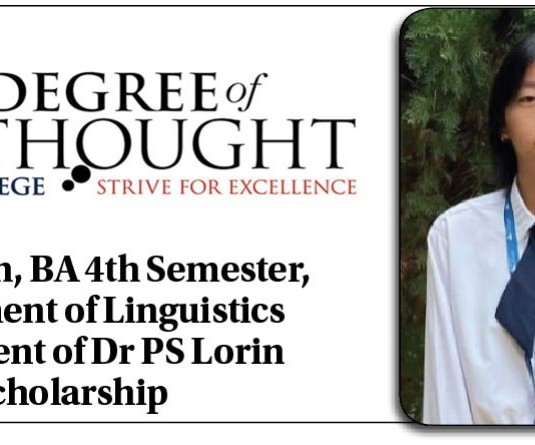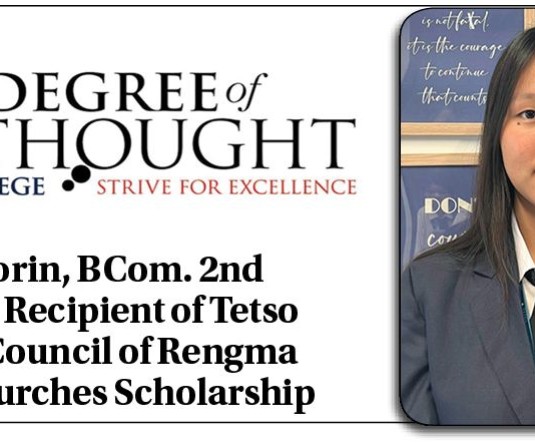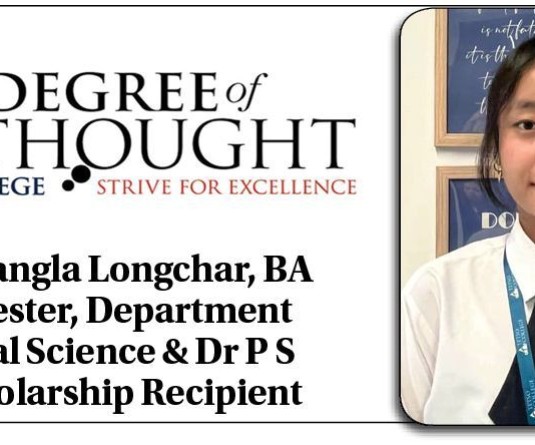
In today's dynamic societal landscape, the generational gap between younger and older demographics manifests in various facets of life, including technology adoption, social norms, and cultural values. This divide often reflects distinct experiences shaped by the era in which each group came of age. While younger generations embrace the digital revolution with fluency in technology and a penchant for innovation, older generations offer a reservoir of wisdom garnered from navigating historical upheavals and societal transformations. Bridging this generational gap necessitates recognizing the complementary strengths of each group and fostering mutual understanding. By acknowledging the unique contributions and perspectives of both younger and older generations, societies can harness the collective wisdom and vitality necessary for progress and harmony.
Present Youths: Navigating a Digital Age
Present youths, typically referring to individuals in their late teens to early twenties, have grown up in a digital age characterized by rapid technological advancements and instant connectivity. They are the digital natives, fluent in the language of social media, smartphones, and online communities. For them, the internet is not just a tool but an integral part of their daily lives, shaping how they communicate, learn, and interact with the world.
One defining trait of the present youths is their adaptability. Raised in an era of constant change, they are accustomed to learning new technologies and adjusting to evolving societal norms. This adaptability fuels their entrepreneurial spirit and drive for innovation, as evidenced by the rise of young tech moguls and social media influencers who have leveraged digital platforms to achieve success at a remarkably young age.
Moreover, present youths are more socially conscious than ever before. Growing up in a globalized world with access to diverse perspectives, they are passionate about social justice, environment sustainability, and human rights issues. Through social media activism and grassroots movements, they are driving meaningful change and challenging traditional power structures.
However, despite their fluency in technology and progressive ideals, present youths also face various challenges. The prevalence of social media has given rise to issues such as online bullying, addiction, and a distorted sense of reality fueled by curated images and constant comparison. Moreover, the pressure to succeed in an increasingly competitive world can take a toll on their mental health, leading to anxiety, depression, and weariness.
Old Youths: Wisdom in Experience
On the other end of the spectrum are the old youths, individuals typically in their late thirties to fifties, who have witnessed first-hand the transformation of society over the past few decades. They grew up in a different era, one characterized by slower-paced lifestyles, social interactions, and a stronger sense of community.
Old youths bring a wealth of experience and wisdom to the table. Having lived through economic down-turns, political upheavals, and technological revolutions, they possess a deep understanding of resilience and adaptability. They have weathered storms, overcome challenges, and forged their paths, imparting invaluable lessons to younger generations.
Moreover, old youths offer a sense of stability and continuity in an increasingly chaotic world. Their traditional values, work ethic, and commitment to family provide a grounding influence amidst the rapid pace of change. They understand the importance of face-to-face communication, meaningful relationships, and the value of perseverance in the face of adversity.
However, despite their wealth of experience, old youths may sometimes struggle to keep pace with the rapidly evolving digital landscape. For them, navigating social media platforms, mastering new technologies, and adapting to changing workplace dynamics can be difficult tasks. This digital divide can create tension between generations and exacerbate feelings of alienation or disconnect.
Fostering Understanding and Collaboration between the two Youths, Present and Old.
Present youths and old youths may come from different backgrounds and possess distinct perspectives, there is much to be gained from fostering understanding and collaborations between the two groups. By leveraging their respective strengths and insights, we can create a more inclusive and vibrant society that benefits everyone.
Present youths can benefit from the wisdom and guidance of old youths, who can offer valuable career advice, life lessons, and networking opportunities. In return, old youths can learn from the fresh perspectives and innovative ideas of present youths, keeping them informed of emerging trends and technologies.
Moreover, creating spaces for open dialogue and mutual respect is crucial for the gap between generations. By encouraging intergenerational conversations and cultural exchange, we can break down stereotypes, challenge preconceptions, and foster empathy and understanding. Platforms such as community centers, schools, and workplaces can serve meaningful interactions.
Embracing diversity and inclusivity is essential for the generational gap. Recognizing that each generation brings its unique strengths and contributions to the table can help foster a sense of belonging and appreciation for one another's differences. By celebrating diversity in age, ethnicity, gender, and background, we can create a more cohesive and harmonious society where everyone feels valued and respected.
In conclusion, while present youths and old youths may have different life experiences and perspectives, there is much to be gained from fostering understanding and collaborations between the two groups. By leveraging their respective strengths, experiences, and insights, we can bridge the generation divide and create a more inclusive and vibrant society for generations to come. It is through dialogue, mutual respect, and a commitment to lifelong learning that we can build a better future together.
Degree of Thought is a weekly community column initiated by Tetso College in partnership with The Morung Express. Degree of Thought will delve into the social, cultural, political and educational issues around us. The views expressed here do not reflect the opinion of the institution. Tetso College is a NAAC Accredited UGC recognised Commerce and Arts College. The editorial team includes Chubamenla, Asst. Professor Dept. of English and Rinsit Sareo, Asst. Manager, IT, Media & Communications. For feedback or comments please email: dot@tetsocollege.org






